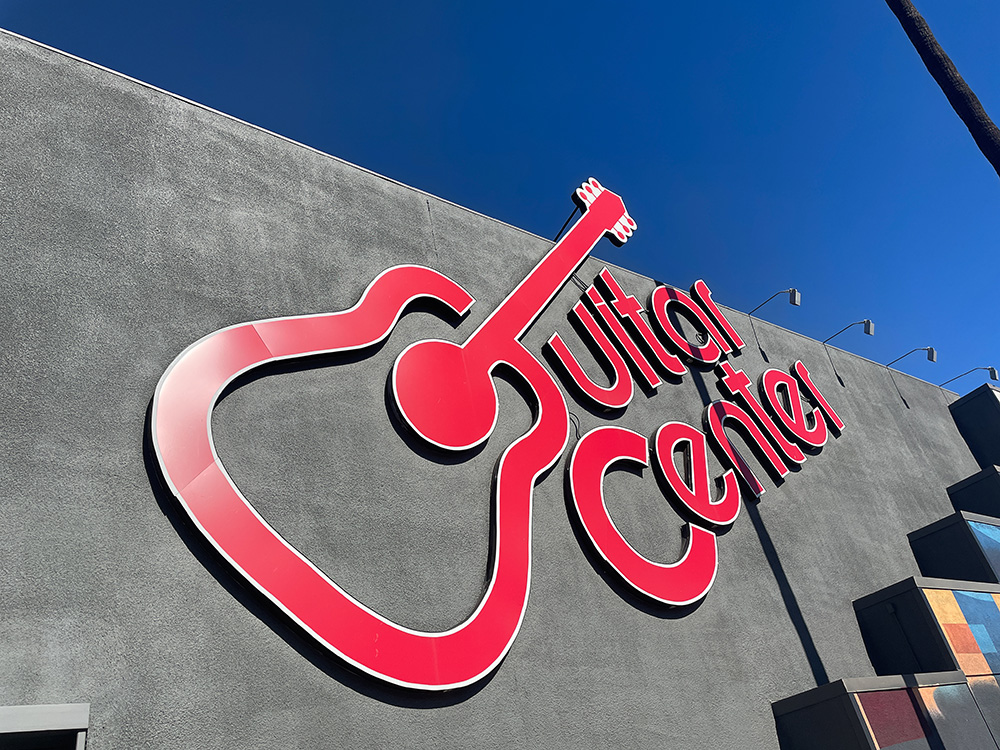Guitar Center
Background
With over 300 stores across the United States, Guitar Center is the world’s largest musical instrument retailer with the greatest selection of popular guitars, basses, keyboards, DJ equipment and numerous other related offerings. In addition, the Music & Arts division operates more than 200 stores specializing in band & orchestral instruments for sale and rental, serving teachers, band directors, college professors, and students since 1952.
Guitar Center is a mature, established brand in the markets they serve. Having recently experienced modest store growth of 8 to 10 new locations per year, they wanted to ensure that they had good store coverage while also identifying any opportunity gaps in their existing markets.

The Solution
Market Optimization & Site Selection Strategy
Tango supported Guitar Center’s strategic plan by developing robust market optimization and sales forecasting models that assessed sales, net-new sales and the cannibalization impact of proposed new sites. Tango’s analyses also uncovered that while Guitar Center required locations in good trade areas, the quality of the site was not as important as normally it would be for less established brands. Guitar Center is considered a destination retailer by its customers, who would tend to shop at locations regardless of specific location within the trade area. These key findings enabled Guitar Center to pick less expensive locations and save money on occupancy costs.
Departmental Sales Forecasting
Tango also developed a unique departmental level analysis for Guitar Center. By analyzing customer information using demographic and segmentation data to define differing characteristics, Tango created profiles by departmental category and used this to complete a “bottom-up” sales forecasting model for each department. As a result, Tango was able to project sales across four key departments: guitars, percussion & band, live DJ and rentals, thus enabling Guitar Center to craft a specific merchandising layout for each store.
Customized Store Layouts
As an example, in a very urban, young, upper income and ethnically diverse trade area, the Live DJ department would experience higher sales, and Guitar Center would provide that department with more square footage in that store.
We know—it takes two to Tango
When you choose Tango, you get more than quality real estate tools. You get a team of experts in your corner. As pioneers in IWMS, SLM, GIS, and predictive analytics, we bring more than three centuries of cumulative experience to your organization’s goals and challenges.
Whatever your real estate strategy, we can help you refine, execute, and maximize it. Let’s find your real estate’s real value.